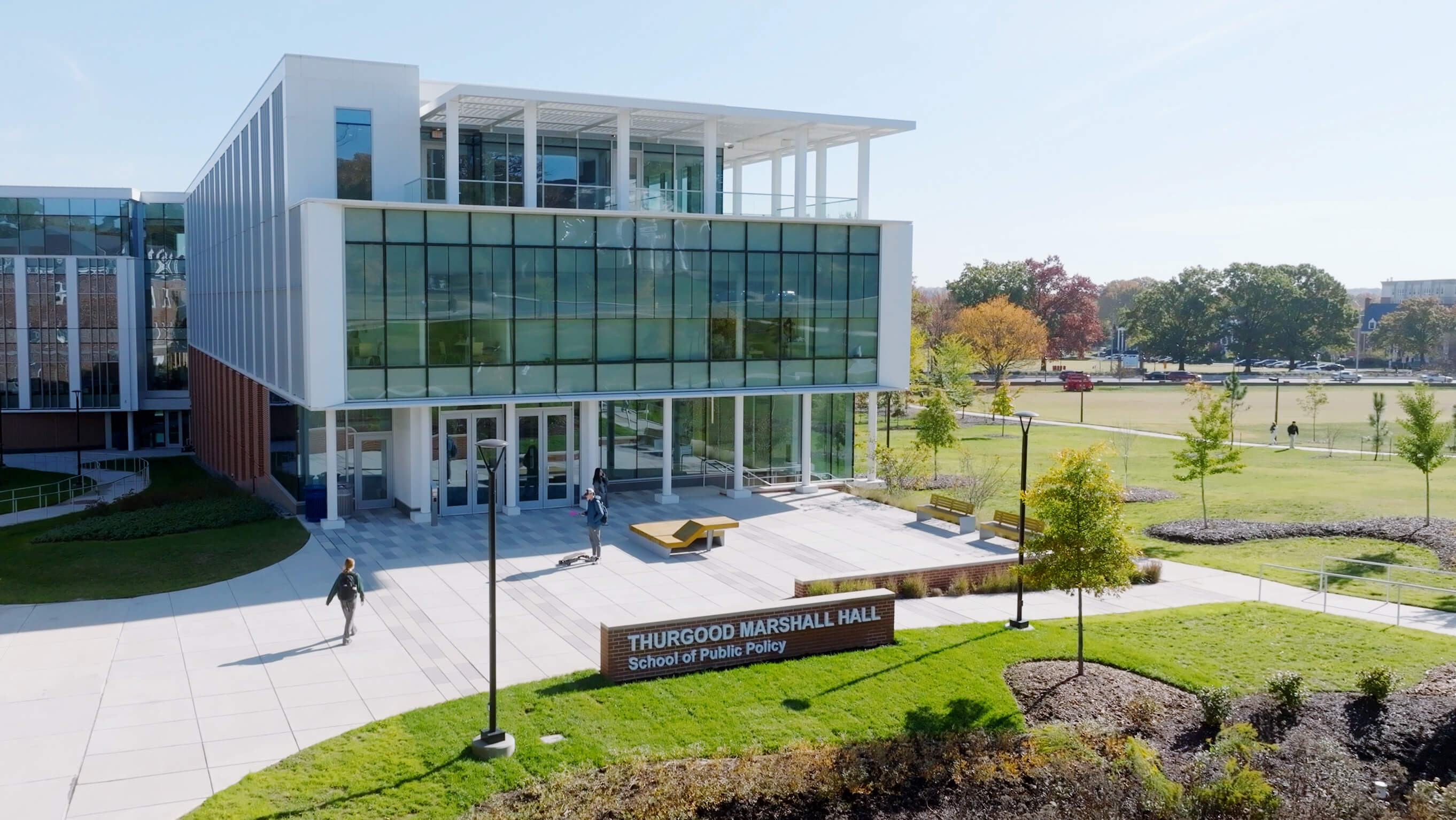
School of Public Policy and CISSM alumna Mariel Borowitz, who received her PhD from the School of Public Policy in 2013, has been working as an assistant professor at the Sam Nunn School of International Affairs at the Georgia Institute of Technology. While at the University of Maryland, Borowitz wrote her dissertation on satellite data-sharing policies, and later published a book, Open Space: The Global Effort for Open Access to Environmental Satellite Data, on the same topic. Prior to working at CISSM and attending the School of Public Policy, Borowitz studied aerospace engineering as an undergrad at MIT. From there she worked as a systems engineer at Raytheon, before going back to school for a MA in International Science and Technology Policy in the Space Policy Institute at George Washington University. Her desire to switch from the science side of space technology to the policy side was motivated by “the opportunity not only to look at how we were building these systems, but why we were building them, what our other options were, and what technical and non-technical factors affected these decisions.”
President Trump’s recent announcement about forming a U.S. Space Force has brought space policy issues to the international security forefront. CISSM reached out to Borowitz to learn about her work on space policy and to ask what other issues—besides Space Force—she thinks ought to be getting more attention in policy and public discussions.
Space Force has received so much hype in the news. Do you think there are other kinds of issues related to space or satellites that don't receive enough attention?
Space policy is an interesting topic, because in some ways it seems like a very niche area, but actually it encompasses so many issues, including those directly related to security—like the issue of space debris and space weapons (which have wide-ranging implications for a society that relies so heavily on space assets for key economic and national security functions) and the organization of our military space programs (i.e. space force)—and also issues related to civil space, looking at where NASA should send humans next, what type of science it should focus on, and how it should engage the international community. There are also many issues related to commercial space—what activities should be allowed (and even encouraged) and what needs to be restricted or heavily regulated? What government policies can most effectively build and support the type of commercial activities we want to encourage?
My dissertation focused on satellite data sharing policies—an issue that has a large impact on society, but doesn’t receive much attention—even within the space community. Nations spend millions, or billions, of dollars building civil Earth observing satellites and the data is critical to understanding global environmental challenges, but half of that data is not readily available, and is instead subject to restrictions on access and/or redistribution. I looked at why these restrictions exist and what could be done to increase the amount of data available to the international community.
Does the commercialization of space inherently change policies for military operations in that domain? Or are the underlying principles the same?
Commercial space activity certainly complicates the development of policy. Commercial actors have different incentives than governments, and governments are typically trying to balance a desire to promote entrepreneurial commercial activities in their own nations while also achieving government missions – like ensuring national security, promoting science, or providing accurate weather forecasts – and maintaining the long-term sustainability of the space environment. For example, many in the space industry are excited about the opportunities offered by increasingly capable small satellites, and some companies are now working on “mega-constellations” that would enable new services by using hundreds or thousands of these satellites. However, governments need to also think carefully about how to regulate these activities. Thousands of small satellites could be a serious hazard to other space assets (including expensive national security systems), but if the government goes too far in regulating these activities—e.g., requiring propulsive systems or other technical elements to be included—it may kill this nascent industry before it ever gets off the ground (pun intended!). Other companies are proposing to sell satellite weather data to the government, replacing systems that the government otherwise would have built and owned itself. This has the potential to decrease costs and encourage innovation, but governments also have to think about the impact that using commercial data could have on the long-standing practice of free international exchange of weather data – and ultimately on the quality of the weather forecasts and warnings that they provide.
How has your dual background in policy and science come in handy? Do you have advice for students with technical backgrounds that are interested in entering the policy world?
When I first transitioned from aerospace engineering to policy—and from problem sets to papers—it was hard to get used to the idea that policy challenges rarely have one clear ‘answer.’ That said, the analytical skills that you use to think through a problem transfer well. Policy analysts and researchers need the same rigorous analytical skills to develop good policies as engineers do to design good technical systems. Having a technical background is often a major benefit, particularly for working on science and technology-related policy issues. It gives you credibility with the technical colleagues you engage in the course of your work, and—more importantly—it helps to give you confidence in your ability to understand complex technical issues—a skill that is critical to making good science and technology policy.
What led you to choose the School of Public Policy for your PhD?
For my PhD, I was drawn to CISSM because it was one of the few places where faculty were engaged in space policy-related research, and I found their work on space security issues very insightful. Studying at UMD also allowed me to continue to be engaged in the space policy community in Washington, D.C.
As you've gone through your career, what courses or experiences from your time at UMD have influenced you the most?
The international security policy course taught by John Steinbruner was great for building my understanding of global security issues overall and understanding how space fit into the larger picture. Nancy Gallagher’s class on Arms Control and Nonproliferation expanded on this understanding and allowed me to read more deeply on many of these issues. I took a class on Global Governance in the Department of Government and Politics, and that was great for getting another perspective on ways to look at global challenges.
I worked as a teaching assistant for “Global Environmental Problems” and “Quantitative Aspects of Public Policy”—both of which were great experiences. I really enjoyed the material, and as a TA, you really get to engage with the material in depth in order to be able to teach it to others.
I’m not sure many doctoral students would say this, but I also really enjoyed the process of studying for comprehensive exams. The readings for both the Political Analysis and Normative Analysis exams were really interesting; I find myself referring back to key texts even now. It also helped that I had a great group of fellow doctoral students that would meet on a weekly basis to discuss the readings for the week, so we had fun digesting and understanding them together.



